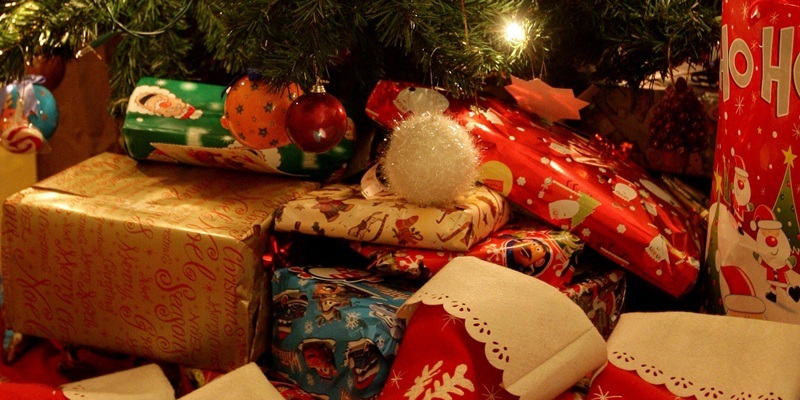Thousands of people in rural Scotland are being charged ‘rip-off’ prices for delivery when they buy goods online, according to research from Citizens Advice Scotland.
The survey found that rural Scots are often refused delivery altogether because their location is classed as ‘remote’. If they are able to get delivery at all, the charges can be so high that many report abandoning purchases at the online checkout.
Nearly 900 people responded to the survey held last month by the CAB service across Scotland. Of the 757 who supplied their postcode, 38% were from the Highland Council area, 30% were from Orkney, 15% were from the Western Isles and 8% were from Argyll and Bute. Other areas included Moray, Aberdeenshire and Fife.
Among the complaints in the survey are claims that many companies routinely stated that they offer free delivery but then charge substantial fees for people in rural areas; refused to deliver at all to certain areas, and used expensive couriers for all their deliveries even though Royal Mail delivers to all UK postcodes for the same low price.
The survey also found companies were applying a single delivery fee to all addresses in a postcode area despite the fact that some postcodes contain wide variations in the actual cost of delivery.
Campaign co-ordinator Angela Murphy said: ”We’ve been taken aback by the scale of the response, and the level of anger expressed by Scottish consumers. It’s without doubt the biggest response we’ve ever had to a survey of this kind.
”The comments reveal huge levels of anger, and some of the examples reported are really shocking. With families watching every penny at the moment these excessive costs are a major burden for many people.
”But it’s not just about the money. This survey reveals that rural people feel exploited, and frankly discriminated against. They are very angry and want something done about it. And so do we.
”We will be reporting this evidence to the Office of Fair Trading, and to Trading Standards, as well as to both the UK and Scottish governments. We are also writing to the companies named by respondents, to ask them to change their policies in the light of this evidence. We will be naming the companies and publishing more detail of that in the new year.
”The CAB service is here to protect consumers whenever we see unfairness. This is a great example of that, and we can assure rural Scots that this campaign is only just the beginning.”
Citizens Advice Scotland are re-opening the survey, to enable more people to report their evidence.
Ms Murphy added: ”We are aiming to persuade these companies to change their policies. After all, our survey shows that they are currently losing potential trade, which is cutting into their profit margins. Changing their pricing policies would make sense for them too. It would not only give rural people a fair deal but would increase their own trade as well.
”The more evidence we get, the better, so we urge everyone to take a few minutes to fill in the survey and let us know their views. This is people power in action.”
Anyone wishing to report their experience or express their opinion can do so at surveymonkey.com/s/FreeDelivery until the survey finally closes at midnight on January 19.
Photo by Dave Thompson/PA Archive.
